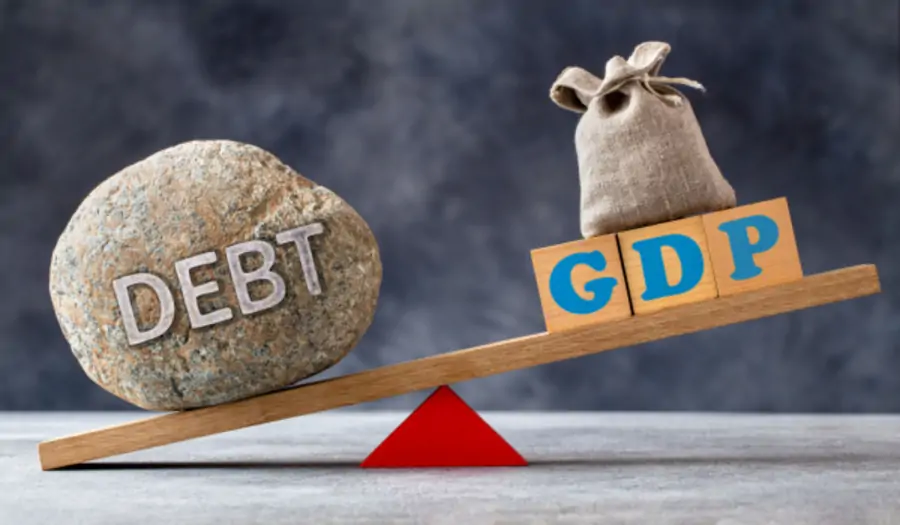The debt-to-GDP ratio of St. Vincent is currently at 93.6 percent, in contrast to the Eastern Caribbean Central Bank’s recommended threshold of 60 percent.
Finance Minister Camilo Gonsalves articulates that the government’s response to recent significant disasters has constrained its fiscal capacity and resulted in an increase in debt levels.
By the conclusion of 2019, the aggregate debt-to-GDP ratio was recorded at 73.5 percent.
Gonsalves articulated that the government was compelled to incur debt due to the impacts of La Soufriere, the COVID-19 pandemic, and the effects of Beryl.
“The Government has incurred three loans from the CDB. Those three critical loans currently have a disbursed, outstanding debt of $55 million. A further $43.2 million in COVID support was borrowed from the International Monetary Fund’s Rapid Credit Facility. To respond to the volcanic eruptions, the government again borrowed from the CDB but also negotiated with the World Bank for the Volcanic Eruption Emergency Project and the Catastrophe Deferred Drawdown Option (Cat DDO), which total an additional $167 million in debt. The IMF Rapid Credit Facility added an additional $31.3 million to the debt, for a total of $300 million”.
“The Saudi Fund for Development, the Caribbean Development Bank, and the World Bank have once again been called upon to help us to recover from Hurricane Beryl. The World Bank’s BERRY project will provide $167 million worth of loans in the coming years, a number that is a far cry from their own estimate of $875 million in loss and damages from the hurricane”.
Gonsalves expressed that, contingent upon the absence of another significant natural disaster, Saint Vincent and the Grenadines is resolutely dedicated to realizing the ECCB objective of attaining a 60 percent debt-to-GDP ratio within the next decade.
“We will do this by continuing to bolster economic growth, avoiding non-concessional borrowing, and consolidating the gains made through our recent investments in transformative infrastructure and projects.”
Gonsalves stated, however, that the island’s debt continues to be sustainable.


